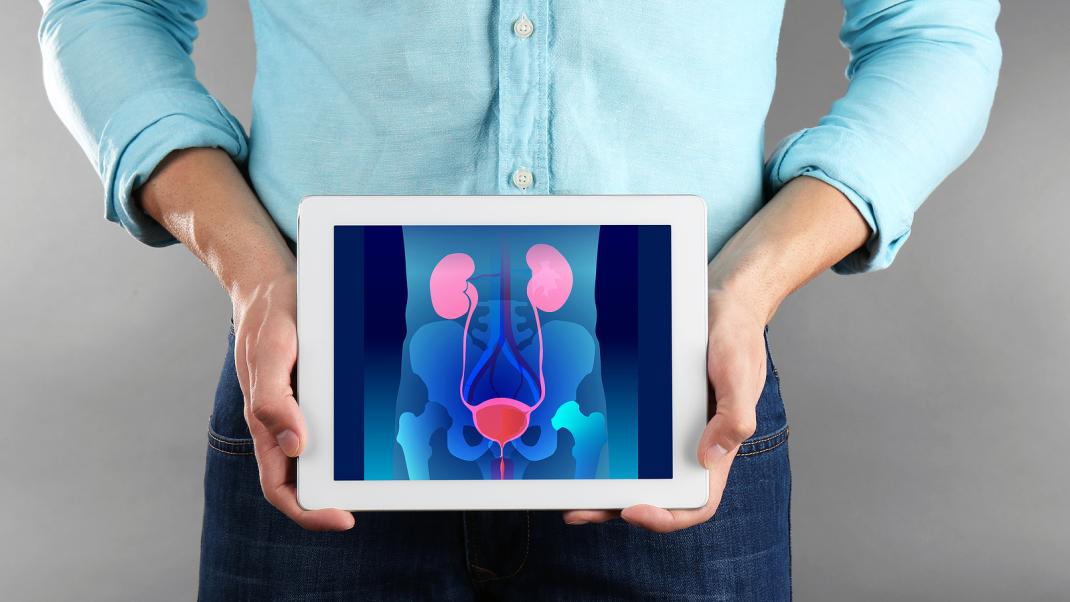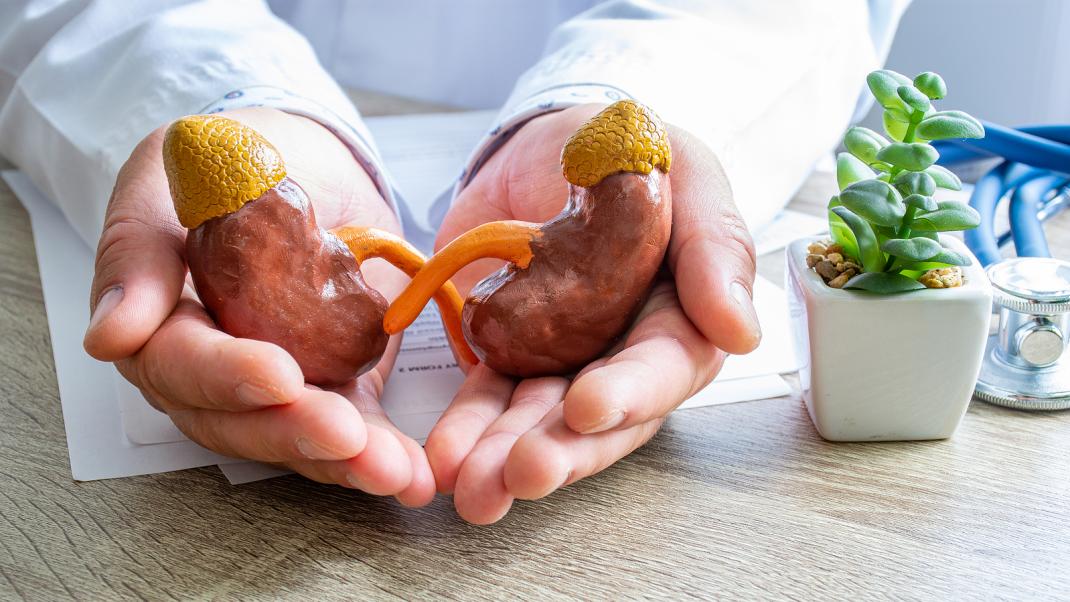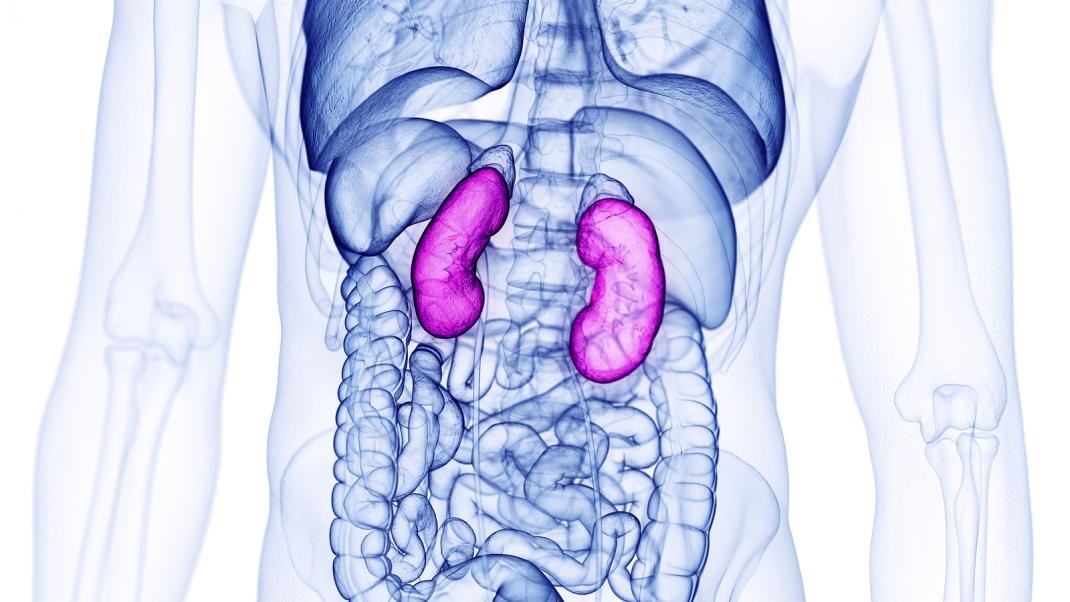
Dr. Dome is a nephrologist; she specializes in identifying and treating conditions and disorders that affect the kidneys.
The kidneys are two fist-sized, bean-shaped organs near the middle of the back, just below the rib cage, one on each side of the spine. Kidneys process blood and sift out waste products and extra water, which eventually becomes urine. Kidneys regulate blood pressure by releasing hormones, stimulating the bone marrow to make red blood cells. They also help maintain your body’s chemical balance. Usually, a patient’s primary care provider will refer the patient to a nephrologist.
"Quite honestly, this was the best experience I have ever had for a physician appointment. The staff was warm and welcoming - very efficient. Dr. Dome was very attentive, knowledgeable and genuine. Thank you so much!"

Nephrology
Jodi Dome, DO
Monday, Tuesday, Wednesday,
and Thursday | 8 am - 4 pm
Friday | 8 am - 12 pm
Knox Medical Pavilion
1330 Coshocton Avenue
Mount Vernon, OH 43050
Healthy Kidneys
When the kidneys are healthy, one of their main jobs is to clean the blood. Two healthy kidneys can filter wastes and excess fluid from hundreds of pints of blood each day. In this way, they maintain the chemical balance the body needs to stay healthy and alive. The kidneys are bean-shaped, about the size of a fist, and located just below the rib cage near the midline of the back.

If both kidneys fail (chronic kidney disease), wastes produced by normal cell functions build up in the blood (uremia). Over time, this can threaten your health. Some people are born with one kidney or donate a kidney during their lifetime. People can function normally with just one healthy kidney. Some conditions that cause kidney damage include diabetes, high blood pressure, smoking, trauma, autoimmune diseases, hereditary conditions, and certain medications.
The kidneys also carry out many other vital functions, such as controlling blood pressure, maintaining healthy bones, and signaling the bone marrow to make adequate amounts of red blood cells.
Removing Wastes
The kidneys are part of a system that removes wastes from your body. For this system to work, the kidneys and urinary tract must do their jobs fully.
Vessels Carry Blood
Tiny blood vessels inside the kidneys carry blood to the filtering units (nephrons). These vessels also shrink or expand to control the pressure inside the kidneys.
Filters Clean Blood
Blood is cleaned as it passes through the nephrons. Each kidney has about 1 million nephrons. Wastes and excess fluid are taken out to make urine. The proper amounts of clean fluid and vital chemicals (salts and enzymes) are returned to the blood.
Urinary Tract Removes Wastes
Two tubes, called the ureters, connect the kidneys with the bladder (where urine collects). When the bladder is full, the urine is passed out of the body through a tube (urethra) during urination.

